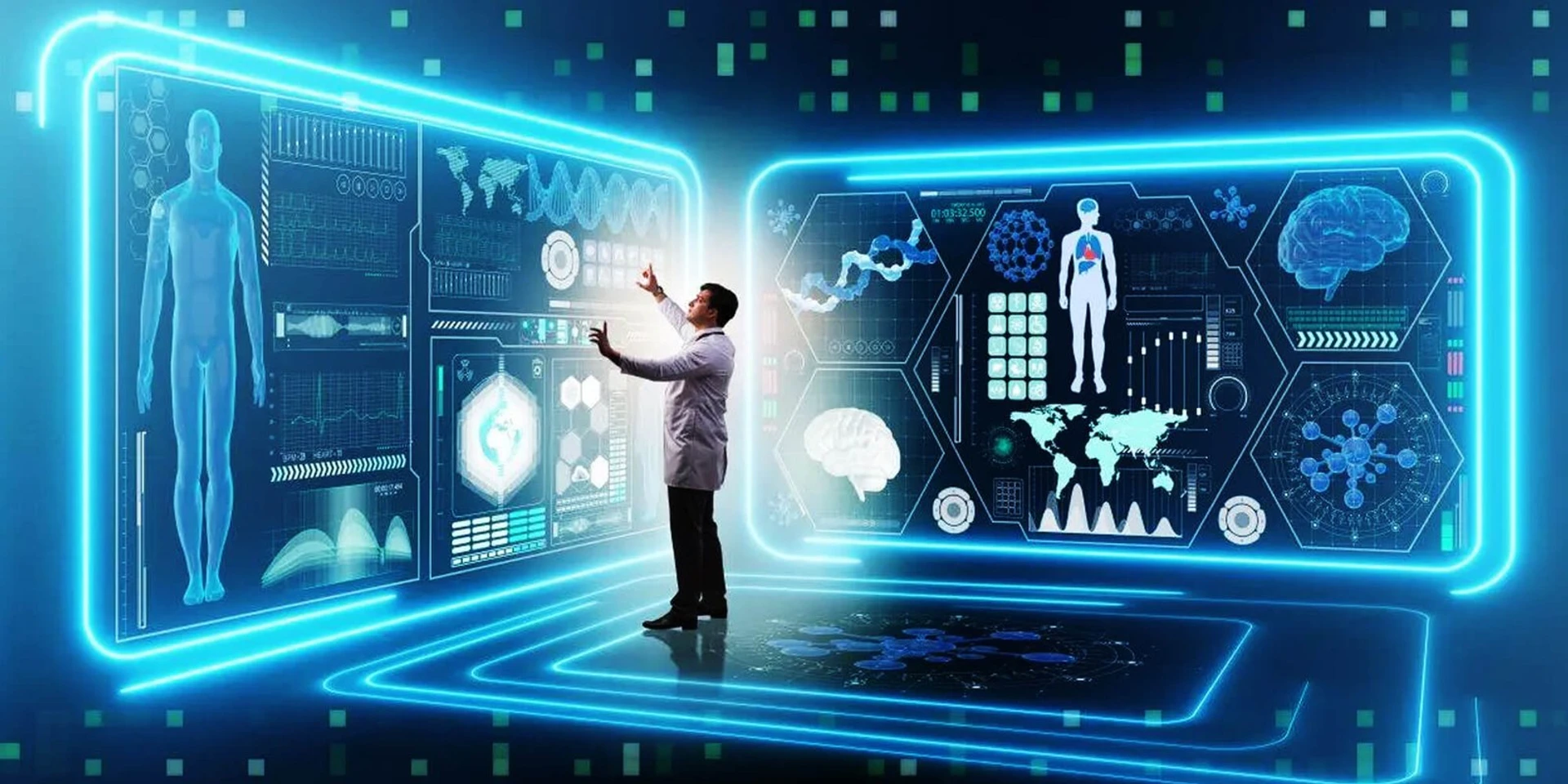5 Challenges in Traditional Medical Coding
Before we discuss the revolution of AI in medical coding, it is important to understand the common challenges in traditional medical coding:
Human Error:
Given that medical terms are complicated, it is difficult to completely avoid making mistakes. Therefore, even the most experienced coders make errors that eventually lead to denial.
Time-Consuming Process:
Manual coding, undoubtedly, is time consuming. Coders take a lot of their time juggling with medical records and analyzing physician notes to assign proper codes. However, this leaves little time for them to provide satisfactory patient experience.
Inconsistency:
Different coders may interpret the same medical record differently. This again results in inconsistency across an organization or even for a single patient’s records, which may further lead to denials.
Keeping Up with Changes:
It is no news that medical coding guidelines as well as regulations frequently change. Therefore, it is difficult to keep up with every update. This becomes challenging and time-consuming for human coders.
Backlog and Delayed Reimbursements:
Traditional coding being manual often results in backlogs. This, in turn, not just slows the billing process but also the reimbursements from insurance companies.
Artificial Intelligence (AI) Transforming Medical Coding
Just like every other industry, AI has also made a very critical place in the healthcare industry, more particularly in medical coding. AI in medical coding has lately been creating wonders for healthcare organizations.
Slowly but steadily healthcare organizations have now gained confidence in embracing AI-powered solutions for solving the long-standing challenges in coding processes.
Unlike traditional systems, AI systems help medical coders sift through piles of medical data in a matter of time. AI can understand the context of a problem and identify patterns through the application of natural language processing (NLP) and machine learning algorithms (ML).
Contrary to common belief, AI doesn’t replace humans coding rather enhances their capacity, saving them as much time as possible for quality assurance.
5 Benefits of AI in Medical Coding
There are many but here the top five benefits of AI in medical coding one must be aware of:
Improved Accuracy:
AI systems process a wide pool of data in no time. From analyzing patient records and medical literature to coding guidelines and suggesting the most accurate codes, these systems can literally do everything with utmost accuracy.
Increased Efficiency:
AI-powered coding tools can process records and suggest codes, thereby saving human coders considerable time for other important operations. Since this helps healthcare providers in submitting claims faster, it indirectly helps increase cash flow.
Real-Time Coding and Auditing:
Unlike conventional coding practices, wherein coding is suggested after the patient encounter, AI does it in real-time as the healthcare provider fills in the information. This leads to quick verification and cuts down on the need for any additional audits.
Adaptive Learning:
Do you know AI systems keep updating with new data and feedback? When rules of coding change are changed or new medical procedures come into place, AI systems adapt themselves to ensure compliance along the way.
Cost Reduction:
Most healthcare organizations shy away from AI investment considering the high investment. However, what they fail to consider is the long-run benefits of AI in medical coding that can make the process completely seamless and denial-free.
3 Future Trends in AI in Medical Coding
Now that you know the importance of AI in medical coding, it is time to explore some future trends in this field:
Natural Language Processing (NLP):
Future AI systems can become much more expert at reading and understanding medical narratives. This will mean that they will pick up clinically relevant information in unstructured notes, thus making the coding process much more efficient.
Electronic Health Records (EHRs):
The AI coding systems will see closer integration with the EHRs. These two will be connected in real-time to offer suggestions in coding when health professionals fill in information relating to a patient, which will enable smooth workflow in the long run.
Predictive Analytics:
It is also expected that artificial intelligence will predict the potential areas of denial before submission by examining historical data and current coding trends. It will flag up the high-risk claims before submitting it to ensure corrections to be made before submissions thereby bringing down the denial rate.
Parting Thoughts
Every industry has already seen a wave of change with artificial intelligence; healthcare is not an exception. You must now know how AI addresses many of the common bottlenecks in the process of medical coding and unlocks efficiency, accuracy, and cost-effectiveness for healthcare organizations.
Also, remember that AI is just a powerful technology here to empower and make lives easier for medical coders; it is not a replacement. It certainly can replace and handle routine tasks and records and give suggestions for codes with high accuracy. Needless to say, human coders bring critical thinking, ethical judgment, as well as the ability to handle complex cases that may fall out of the parameters of some AI systems.
So, the next step for healthcare organizations would therefore be to focus on the ethical use of AI in medical coding including achieving data privacy during processes and educating staff on how to make the most of AI systems.
As technology continues to change, more such innovations can be expected in the healthcare industry and RCM processes alike. For the healthcare provider, embracing these changes will mean staying abreast of their competition, improving patient care and relying on the right technology at the right time. In the changing landscape of healthcare administration, those who adapt and integrate AI in medical coding will be well-positioned to thrive in the time ahead.






